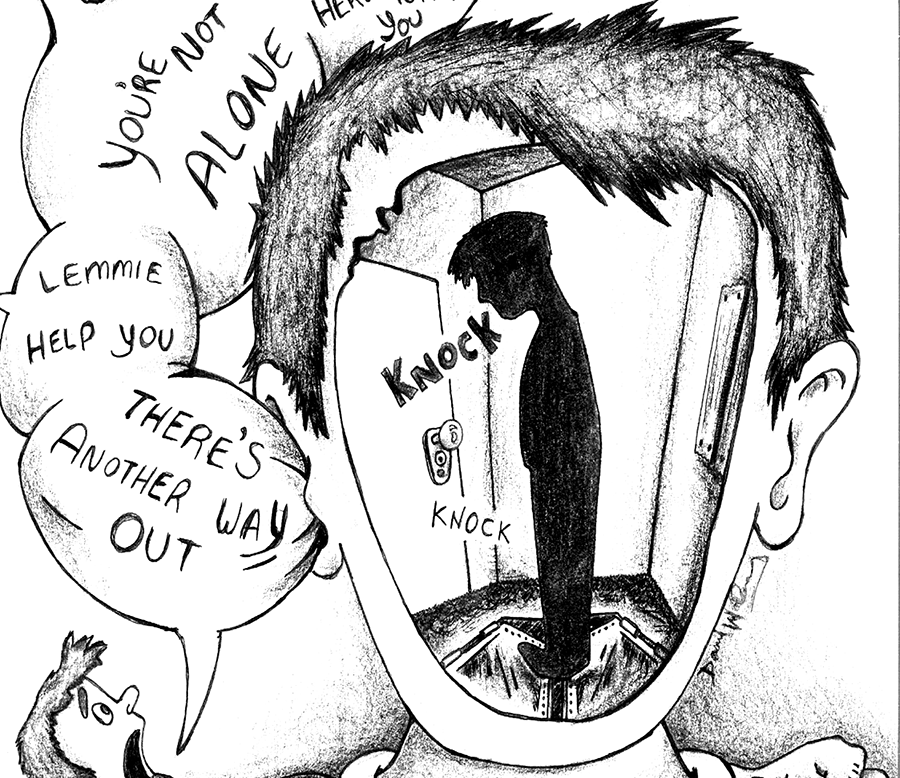By Ashley Klatt/reporter
Offering tips to make students’ research more productive, Bonnie Hodges, NE Campus public services librarian, presented Making the Library Work for You Jan. 31.
She gave students insight into the online library and plans for library renovations.
The 20 attendees were given a bookmark with the hours of operation and contact information for the J. Ardis Bell Library on NE Campus and a flier with information for the Computer Learning Center.
The most important way to make research in the library easier is to know the building, Hodges said. All students will need to go to the library at least once to get their student ID in the copy center, she said.
Students enter on the top level of the two-floor library. The library is open seven days a week and outfitted with Wi-Fi, acceassible with CampusCruiser login information. In addition, the CLC, on the lower level, has computers for students to use.
Hodges said the library, which has some meeting rooms, will undergo renovations to the lower level lasting about a month.
“They will start in mid-February and should be done by the time everyone returns from spring break,” she added.
Hodges outlined five steps to make library research easier.
Step 1 — Choosing a Topic: Students should choose several topics and do “pre-search,” she said. If students must choose their own topics, they should brainstorm with others or talk with a librarian, being sure to bring their assignment for the librarian to review.
“Please ask a librarian,” she said. “We are here for you — to help you.”
Step 2 — Focusing Your Topic: If a topic is too broad, Hodges said students might limit it by timeframe, category of people, specific event, place or even add another topic. If a topic is too narrow, a student might expand it by looking for parallels and wider categories or choose an alternate focus, place, person or group.
Step 3 — Knowing Where To Begin: Students should gather background information using reference books and TCC’s online library databases and write down key questions their research should answer, Hodges said. Students should also make a list of key concepts using similar and related terms.
Step 4 — Locating Sources: Students should determine what kind of information they will need and ask their instructor if they will have a library orientation, Hodges said. When librarians are informed of an upcoming research project, they will often research the project ahead of the orientation to give students a demonstration tailored to their class assignment.
Students will benefit from investigating different kinds of sources such as primary, secondary, print and Internet sources and then checking them with their instructor to ensure integrity, she said.
Step 5 — Using the Research: Students should read the information they find and use it to support or contrast in their own thoughts and words, Hodges said. She said they should ask for help from their instructor or the Academic Skills and Writing Center and be sure they’re not plagiarizing.
Hodges also demonstrated a database called LearningExpress Library located under the Education and Careers database heading in the online library. Students can access test-taking preparation activities for several college-level tests, including ACT and SAT.
Student Kim Rice said she learned how to get organized starting a research assignment.
“I know now I have to have an outline,” she said. “I have to have questions written down before I go to the library.”
For more information, contact Hodges at 817-515-6626 or bonnie.hodges@tccd.edu.
























